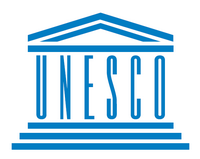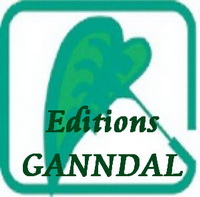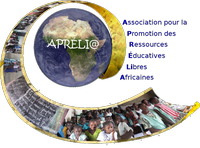Families
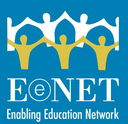 Source : EENET (Enabling Education Network)
Source : EENET (Enabling Education Network)
Through EENET’s partnership with Norwegian Association of Disabled, and working with partners in Zambia and Zanzibar, they have just published a set of 34 fun learning activities that children with and without disabilities and their families can do at home, any time.
The home learning activities can be downloaded as a complete package in PDF format, in English, Kiswahili, Nyanja and Tonga.
There is also an online activity search to help you and your children choose activities. You can select indoor or outdoor activities. You can choose whether or not you want activities that use pens and paper or other local material. And you can choose which age group the activity is suitable for and whether the child will need a lot or a little help from an adult or older sibling.
Each activity contains instructions, an indication of which age group it is suitable for and how much assistance the child may need, a summary of what the child will learn and practice during the activity, and suggestions for different ways to do the activity to suit different needs and abilities.
If you are thinking that home learning will soon be unnecessary as schools start to re-open following Covid-19 related closures, we invite you to read EENET's brief reflections on inclusive home learning – during and after Covid-19 and a longer blog on this topic.
The latest collection of home learning activities complements the home learning poster that was published recently.
Inclusive home learning – poster
- Détails
- Écrit par : G. Puiségur
- Catégorie : Families
- Clics : 921
 Source : Papapositive
Source : Papapositive
Les punitions ne responsabilisent pas. Elles ne sont pas le moteur d’un changement de comportement. Elles enseignent surtout la peur d’être pris, l’excitation du défi, la défiance envers l’adulte.
Nous pouvons faire le choix d'opter pour l’empathie en cherchant la source du comportement de l’enfant grâce à ces questions :
Elle/Il s’ennuie ? Il a besoin de jouer/ de bouger ? Un évènement la/le perturbe ?
Ai-je été disponible aujourd’hui ? Combien de temps exclusif lui ai-je accordé ? L’ai-je pris.e dans mes bras ?
Et son autre parent ? Lui manque-t-il ?
À quel niveau est son stress ?
Suis-je moi-même stressé.e par quelque chose ?
A-t-elle/il vu ses copains/copines ?
etc...
Lire l'article sur le site Papapositive
- Détails
- Écrit par : G. Puiségur
- Catégorie : Families
- Clics : 1143
 A poster by the World Health Organization
A poster by the World Health Organization
- Détails
- Écrit par : G. Puiségur
- Catégorie : Families
- Clics : 977
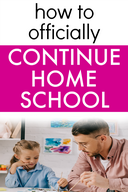 This article has tons of great resources that’ll keep your kids entertained and empower them to continuously gain new knowledge.
This article has tons of great resources that’ll keep your kids entertained and empower them to continuously gain new knowledge.
- Détails
- Écrit par : G. Puiségur
- Catégorie : Families
- Clics : 924
 Tips for parents on how to keep their kids engaged with learning during this uncertain time; these tips are based on elementary and junior high aged children.
Tips for parents on how to keep their kids engaged with learning during this uncertain time; these tips are based on elementary and junior high aged children.
- Détails
- Écrit par : G. Puiségur
- Catégorie : Families
- Clics : 961
 Source : OER Africa
Source : OER Africa
Now that so many of us are at home with our children because of COVID-19, we can explore the virtual world of children’s stories – all free to read and many openly licensed. Some wonderful book and reading resources are listed below.
- The Early Literacy Resource Network
- Audible
- Nal’ibali
- Book Dash
- StoryWeaver
- African Storybook
Access these resources
- Détails
- Écrit par : G. Puiségur
- Catégorie : Families
- Clics : 925


